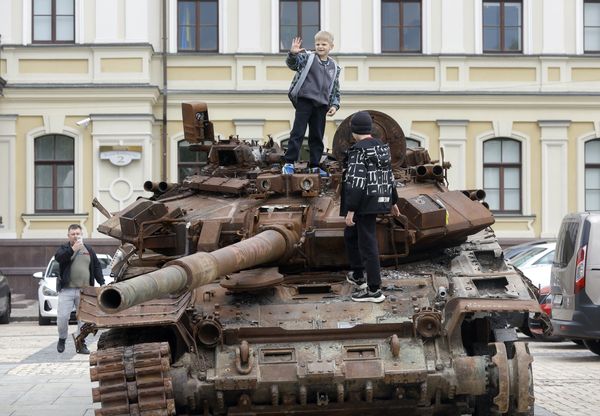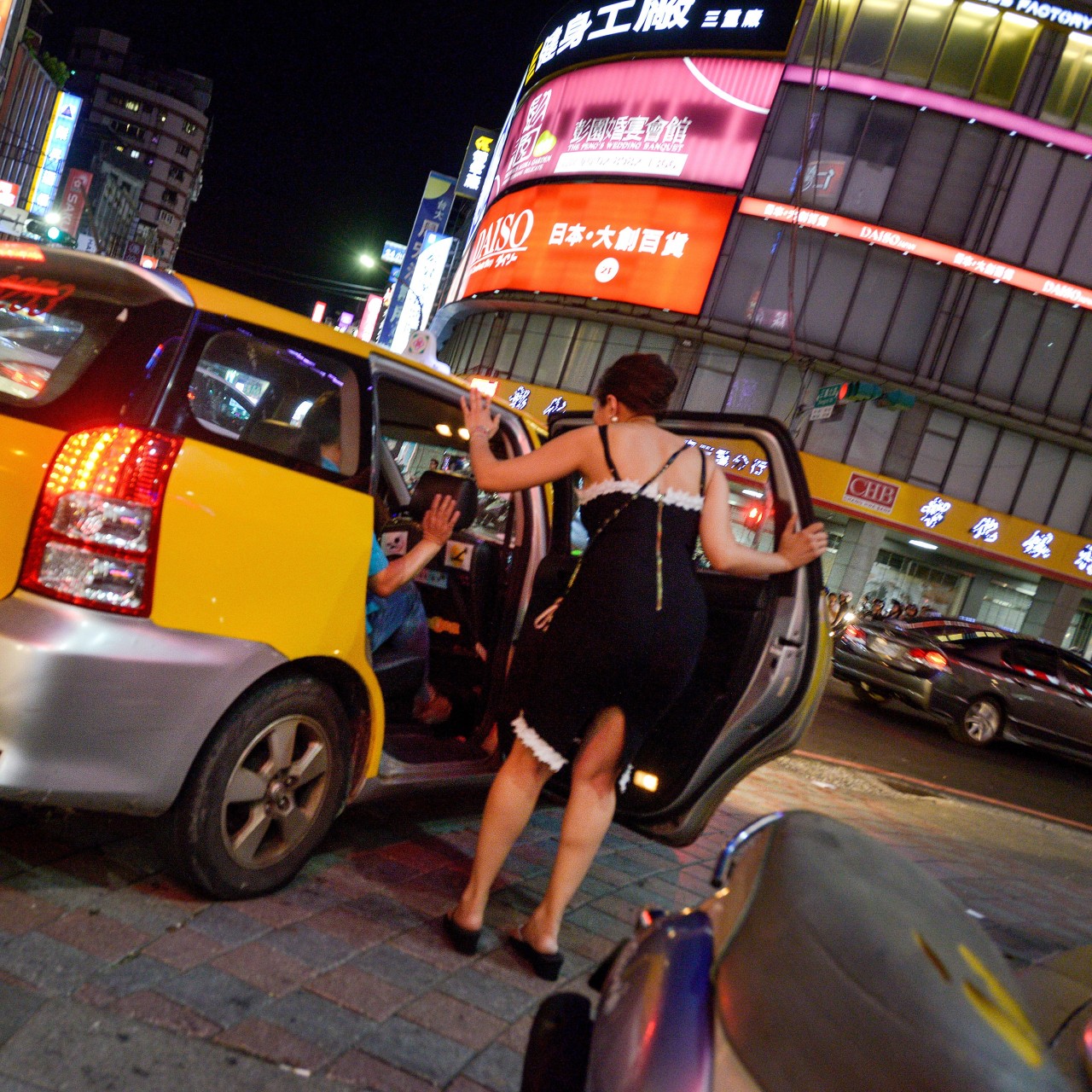
Two women in heavy make-up wait idly in the lobby of the Sir Motel along one of suburban Taipei’s busiest streets on a September weeknight.
Plain rooms on the inside go for NT$680 (US$22) for three hours. Massage parlours, karaoke dens and a sex-toy shop all thrive within a few hundred metres of the hotel in New Taipei City’s Sanchong District.
The Sir Motel typifies the low-end hotels optimised for quick bouts of sex in Taiwan. Many bill themselves as “business” hotels or “motels” even if they offer no parking. They often occupy just a floor or two of a mixed-use building near a railway station or in old red-light districts.
They use the term “rest” rather than “stay” to signal that rooms are bookable by the hour. Many are linked to karaoke bars.
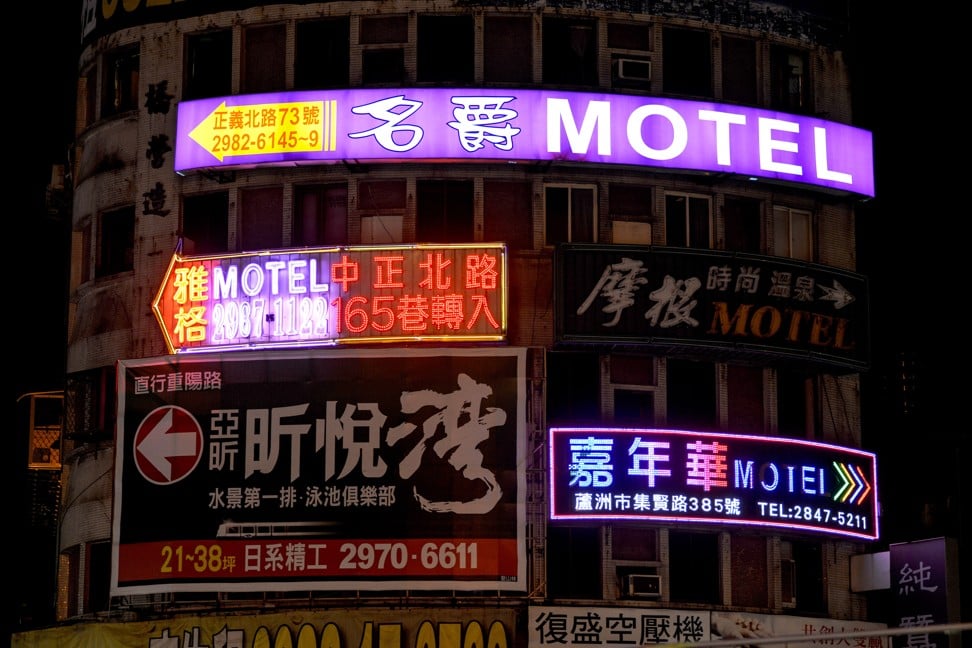
In nearby Taoyuan County, the G Motel’s most popular room is called “Fast Climax”, a sales manager says. Inside, a red car and a mock Shell petrol pump sit to one side of a bed with a yellow bedspread. A motel room called “Dancing with Wolves” features totem poles beside the bed.
“We have lots of peers out there, but our theme rooms aren’t like theirs,” says the manager at the decade-old motel, which is about 20 minutes from Taiwan’s main international airport and relies on word-of-mouth referrals for business. “What we emphasise is that no two rooms follow the same exact theme.”
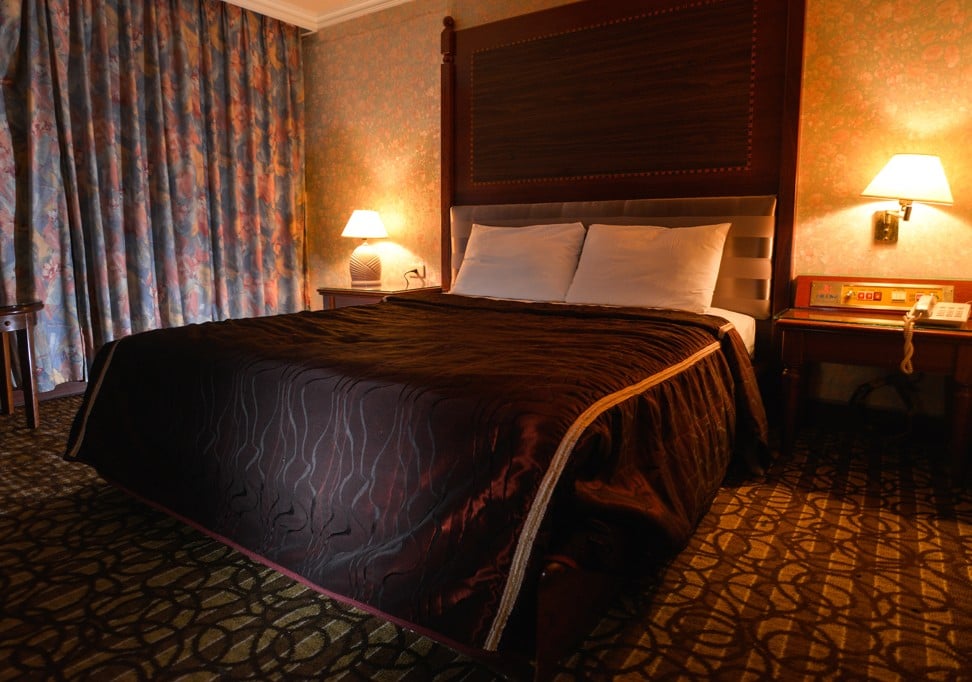
Prices at G Motel range from NT$800 to NT$2,780. The 33-room establishment sometimes fills up on holidays, the manager says.
Back in Taipei, a procession of cars with tinted windows passes through the check-in gate of the landmark Wego Boutique Hotel one weekday afternoon.
The hotel, which charges up to NT$4,590 per night, sits in landscaped grounds behind dense thickets of tropical vegetation in a red-light district on Linsen North Road. It has been open for some 40 years and protects guests’ privacy by forgoing a lobby.
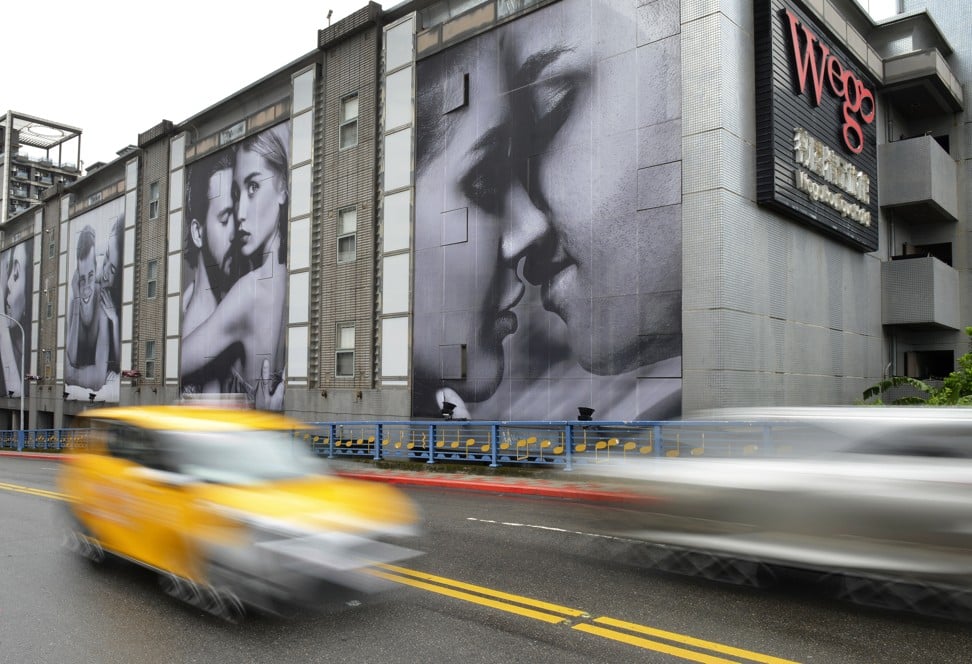
Most guests drive in and are ushered to a parking space, from which they ascend directly to one of the hotel’s 86 rooms. Rooms sport multiple sofas, wall mirrors and bluish lighting. In at least one room, there is a bathtub built for two people.
The site manager declines an interview, saying only that his service is “different” from that of other boutique hotels in Taiwan.
Love hotels lurk in most East Asian cities, but in Taiwan they stand out for being either low-end – some cost even less than the NT$680 Sir Motel charges for three hours – or high-end. The low-end cater to couples in a hurry; the high end to people seeking racy room decor.
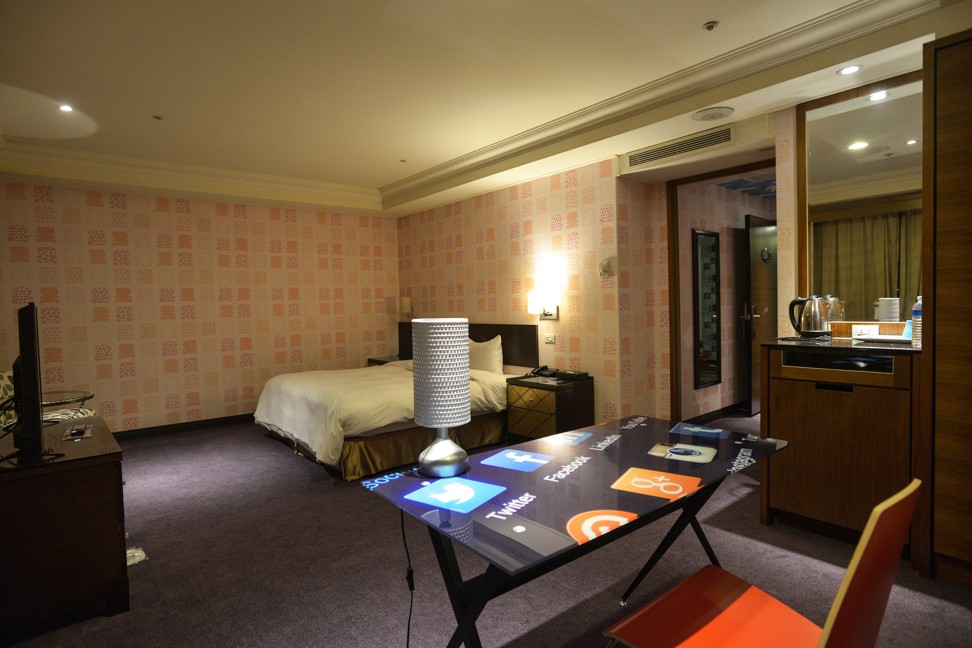
“[Love] hotels are numerous and innovative. There are basically no middle-priced hotels because they all struggle to exist,” says Yang Lianfu, a resident of New Taipei City and publisher of books on local history.
Both ends of the price scale get steady business from privacy-seeking couples, people hiding extramarital affairs, and men with prostitutes, Yang says. “These hotels have a definite market in Taiwan,” he says.
It is hard to know how many love hotels operate on the island. Taiwan’s Tourism Bureau does not break down its roughly 3,300 legally registered hotels by subcategory, a bureau spokeswoman says. And spokeswomen for the authorities in Taipei and New Taipei City decline to estimate how many love hotels operate within their boundaries.
It used to be that any plot of land you could build a hotel on, and now it’s got stricter. The business is getting harder to do – Yang Lianfu
The love hotel market looks stable as long as operators keep up with people’s changing tastes in decor, says Liang Kuo-yuan, president of the Taipei-based Yuanta-Polaris Research Institute.
“If something falls out of fashion, then people will not go,” Liang says. “However, you can say on the other hand that, as tastes change, they create a new business opportunity.”
Some city governments are getting stricter about issuing permits to love hotels, and at least one such hotel has been demolished, Yang says. Opening such an establishment isn’t cheap, he adds, because of the requirements regarding room decor.
“It used to be that any plot of land you could build a hotel on, and now it’s got stricter,” Yang says. “The business is getting harder to do. Each time you start up it costs several hundred million Taiwan dollars.”
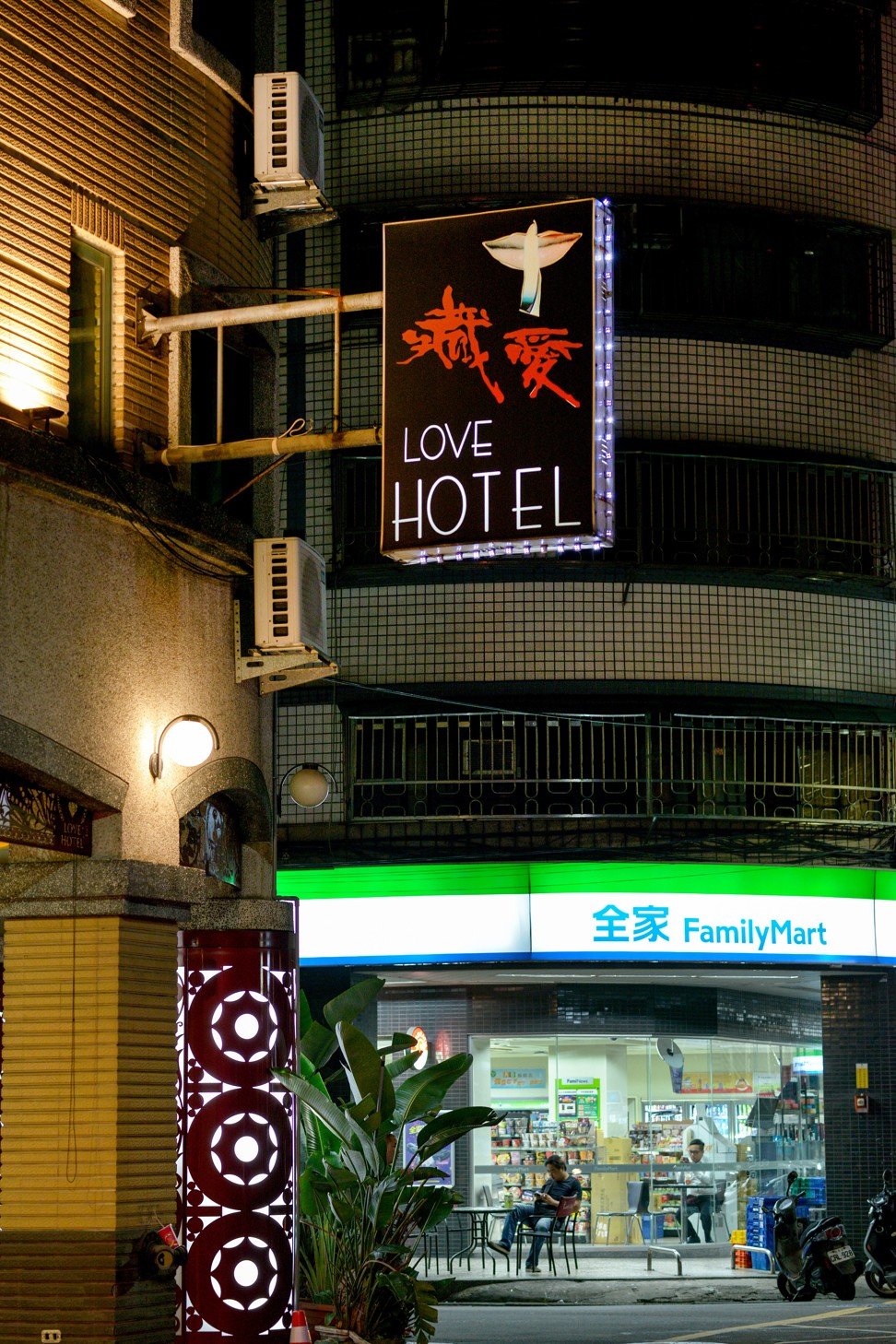
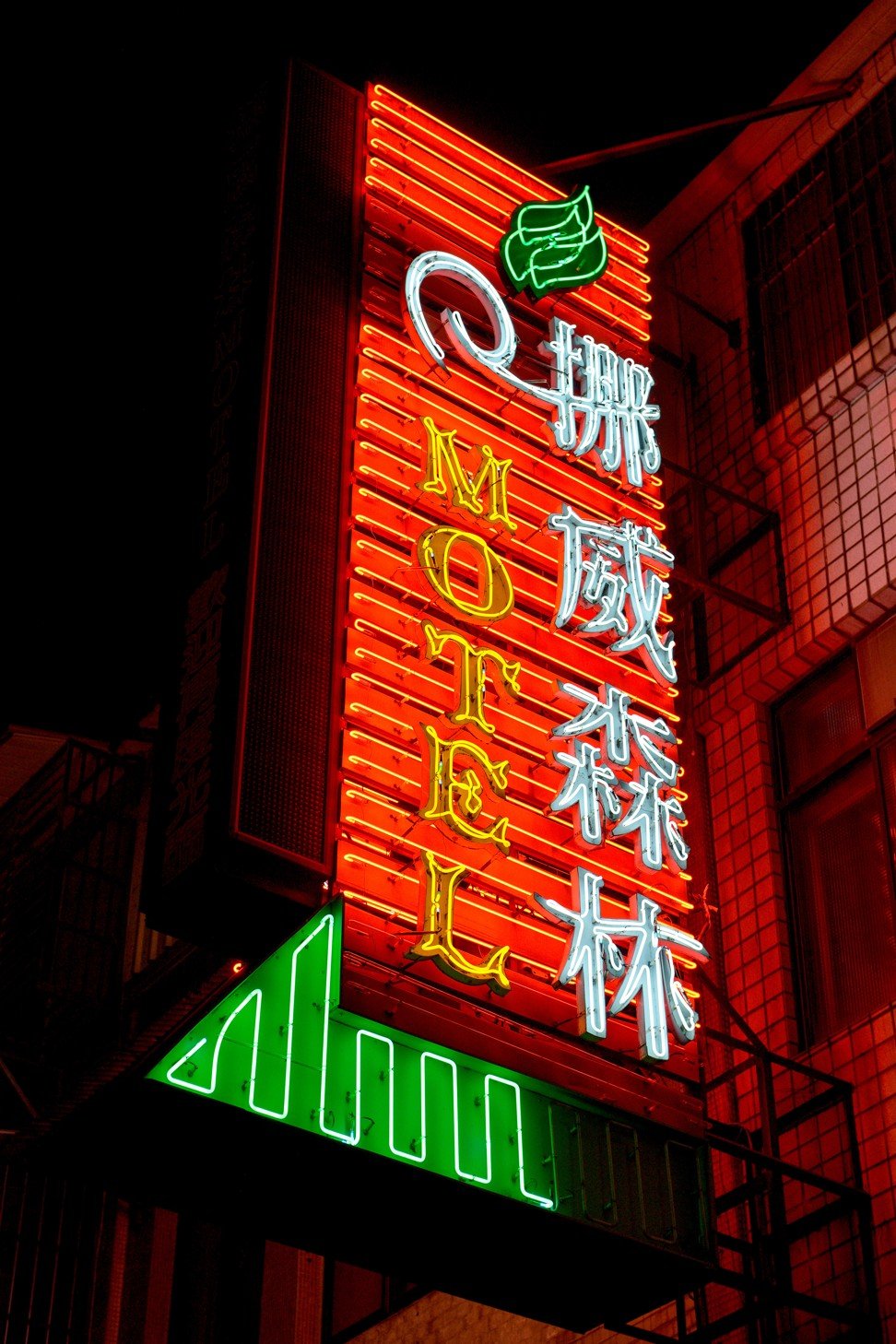
Although most foreign tourists do not know about love hotels, some from Hong Kong end up in the ones nearest Taoyuan International Airport, says Tseng Yen, chief executive officer of iBeenGo, a Taipei travel service for non-group tourists.
Tourists might pick love hotels over others for their decor, he says, and there are rarely any hitches.
“Most love hotels are managed fairly well, and I think legality-wise they are fairly OK,” Tseng says.


